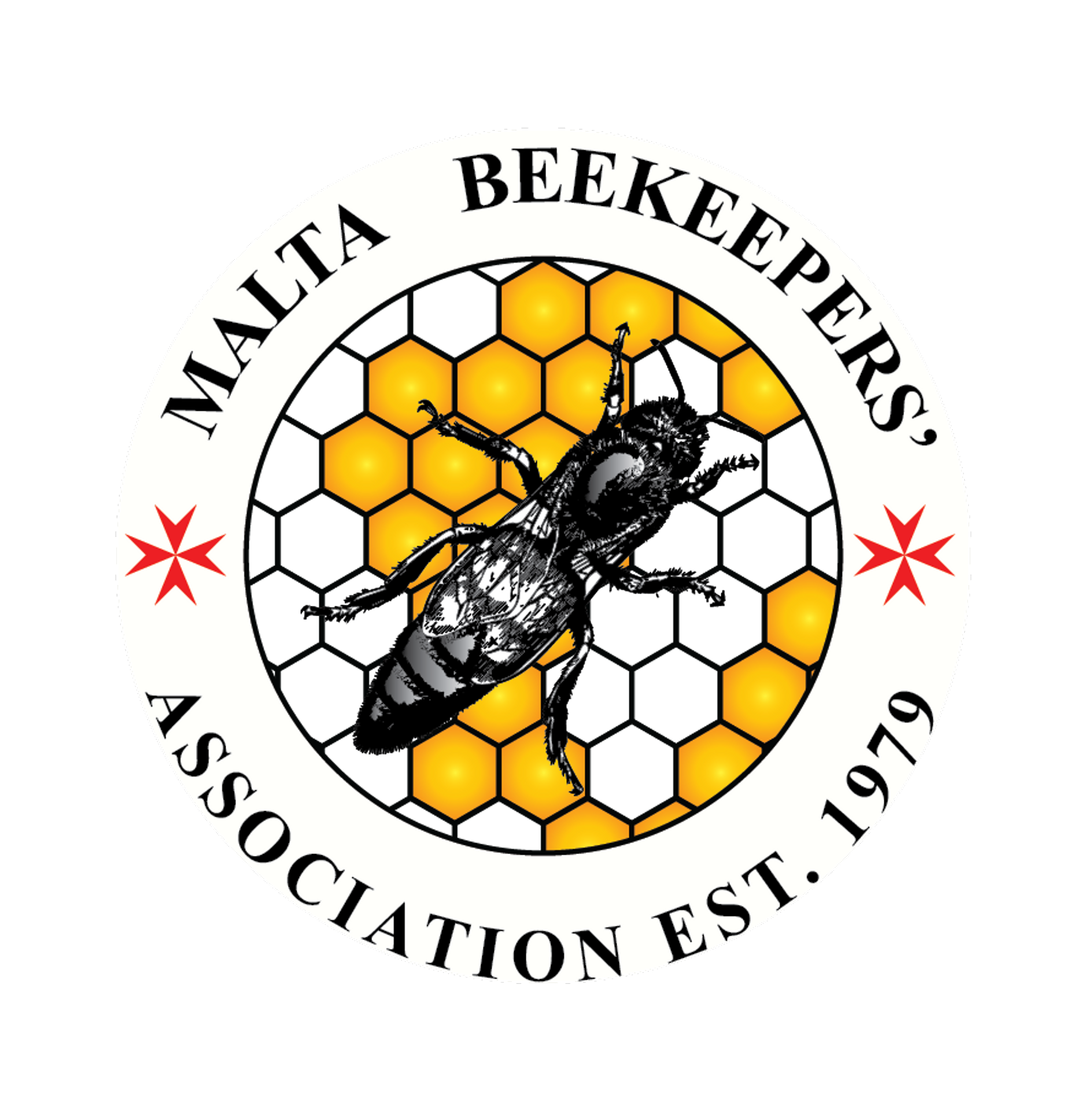Children’s
Corner
Children’s Corner


The Importance
of Bees
Honey bees are part of the Hymenoptera order which includes bumblebees,
solitary bees, wasps, sawflies and ants.
What we can learn from bees
Studying bees adds significantly to the wider education of pupils. For example:
Bees are pollinators vital to our food chain. One third of the food we eat
would not be available but for bees.
Bees, like other insects, are part of a food chain.
The social life of the honey bee colony provides a controversial start to
thinking about the structure of societies.
The tools that have evolved on the limbs and mouth parts of bees are neat
examples of adaptation and engineering.
The harvest from honey bees of honey, pollen, wax and propolis has nutritional,
craft, manufacturing, and medical applications.
Pollination by bees is important for genetic sustainability. Genes that have
evolved in other animals are important to our future too.
In the UK about 70 crops are dependent on, or benefit from, visits from bees.
In addition, bees pollinate the flowers of many plants which become part of
feed for farm animals. The economic value of honey bees and bumblebees as
pollinators of commercially grown insect-pollinated crops in the UK has been
estimated at over £200 million per year.
Bees are in danger of disappearing from our environment. Farming practices
continue to disturb natural habitats and forage of solitary and bumblebees at a
rate which gives them little chance for re-establishment. The honey bee is
under attack from the varroa
mite and it is only the treatment and care provided by beekeepers that is keeping colonies alive.
Most wild honey bee colonies have died out as a result of this disease.
